As Google Plus nears yet another anniversary—I believe it’s its third next week—it’s interesting to reflect back on the much-hyped launch. Or, more accurately, on the number of people who drank the Google Kool-Aid and believed this would be the biggest thing since Facebook. Have a glance at the cheerleading: a handful of links I could find quickly today included Testically, Techcrunch, Ghacks (though I don’t blame them, since they are run for the Google community) and Readwrite. It had allies like this in the blogging community. Forbes was still championing it as late as December 2013. As I wrote this, Mashable was one that raised the issue of privacy back then, though I’m sure there were others.
I want to clear up that I am not criticizing a single person here for a lapse of ethics. I’m simply pointing out the buzz: many tech experts pumped up Plus. I know one (there could have been more) who backtracked less than half a year later when it failed to make much of an impact and stated what he really meant.
I realize that there are some opinion leaders on there who are doing remarkably well. However, generally, fewer people are on it actively compared with Facebook, and fewer threads and conversations take place. Despite Google’s methods of forcing people on it, by linking it to YouTube, where a lot of people comment, it still hasn’t taken off in the public’s imaginations.
You’re always going to get a biased view from me about Google, but not one borne out of a philosophical reason or some dislike of Californians or Americans (and I have cousins and an aunt who are both). It was borne out of the disconnect between what the firm said and what the firm did: everything from the outright lies over years of the Ads Preferences Manager (a system that has since been replaced) to the blacklisting system (where, it was discovered, only two part-time people were devoted to it, leaving queries unanswered on its forums and sites unfairly and wrongly blacklisted with no resolutions). Yet I was once a Google cheerleader, if you go back far enough on this blog, let down by its actions. This blog itself was once on Blogger.
I took the stance (which I read from Stowe Boyd) that if the original Google organized the web, and Facebook organized your friends, then that didn’t leave Google Plus an awful lot to do. What I cannot get is, with Google’s endless dismeanours, why people would continue to take its PR department’s hype at its word.
You might argue that others haven’t been as upset by these faults as I have. That, for the overwhelming majority, they just go to Google for search and it rarely suffers downtime. In fact, it’s very good in delivering what people wanted there. This was Google’s “killer app”, the thing that toppled Altavista, the biggest website in the world.
But, Google tells us, it owns all these other things, and we now know that it sends all those data to the NSA and is complicit in snooping. We know it got round browser settings in Safari through hacking so it could spy more on the public—until it was busted by the Murdoch Press. Courageous American attorneys-general punished Google by docking it a massive four hours’ pay.
Surely that would be enough to turn people off? Apparently not.
No one really seems to mind having this happen, and I am a hypocrite because I use Facebook and know it’s up to the same tricks. I had to go to the Network Advertising Initiative to block Facebook’s new ad cookie from targeting me, fetching my data when I’m off-site. But you don’t see me pump up Facebook very often. I’ll give it kudos when it’s deserved (I thought Timeline was a great interface when new) and flak when it’s not. It’s not a blind admiration, and that’s what I sense of the big G.
And it’s not the brand. A good brand is one that is transparent and has integrity. It walks its talk. Sure, Google does well in those surveys—so what does that really say? Enron did well in surveys, too. It even won an award for climate change action.
So why the love from some quarters of the media? Did it take Snowden and PRISM for there to be more than just casual reporting on Google’s faults? And shouldn’t there be more depth than this?
Maybe, at the end of the day, it’s community. What the big G has done well—and Facebook, for that matter—is bring people together. Here’s a story on a man who is a tech lead on Google Glass, innovating at a university. Folks like this come together because of innovations pushed by these big tech firms. One of my good friends, who is supportive of Google, says the positives outweigh the negatives. So when Google or YouTube goes down—my queries took minutes to resolve over the weekend—most people see that. Ditto with Facebook: even when it was down for some users last week (which, incidentally, didn’t make the news, though the 20-minute global outage on Thursday did—I still maintain there is some limit people are hitting on one or some servers, and Facebook acknowledges it was a software bug, not an attack from China), I was still checking in to see if things were back. I liked my communities and the people I engaged with.
So when it comes to pointing out a bug with Google—as I had to last year when its robot would not whitelist clean, previously blacklisted sites—that same community bands together, ignoring the pleas of innocent users, and maintaining the high-and-mighty stance that there could not possibly be anything wrong with its systems. Blogger was the same, when “tech support” and the main Blogger contact were complicit, to the point of deleting evidence that proved a fault, and it took the then-product manager’s intervention to be ethical, honest, transparent and proactive. One good guy (who has since moved on to other parts of Google—yet he still helped me out on a remaining bug last year), but one messed-up support system. And I have to wonder if that is symptomatic of the bigger picture at the big G. It’s not all fun with Owen Wilson trying to be an intern—but it sure does well getting itself into films to portray the positive, upbeat, and inspiring side of the business.
However, it’s the task of media not to be sucked in to any of this, and to provide us an objective view. To report fairly and dispassionately, and to put aside a press junket or a Silicon Valley gathering. There are polite ways of providing criticism, if it’s about maintaining some level of mana within that community and to ensure a steady flow of inside news. I always find—and again I admit I am biased—that I can’t really read anything about Google without my mind going first to some of these deeper problems, so why not offer such a balance when they are directly relevant?
Google Plus’s anniversary might go largely unnoticed. But it would be interesting if someone in the media noted just how many colleagues hyped it up at the time. Will we see such a report next week?


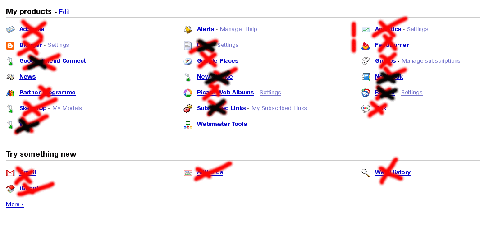
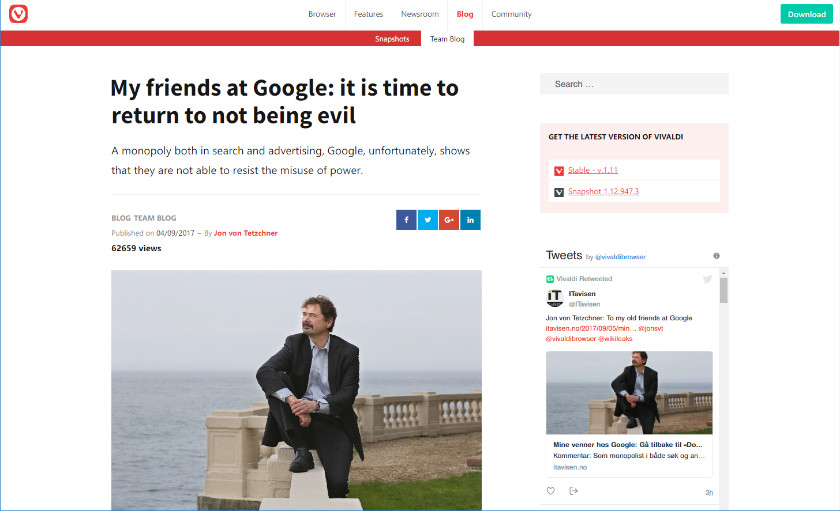
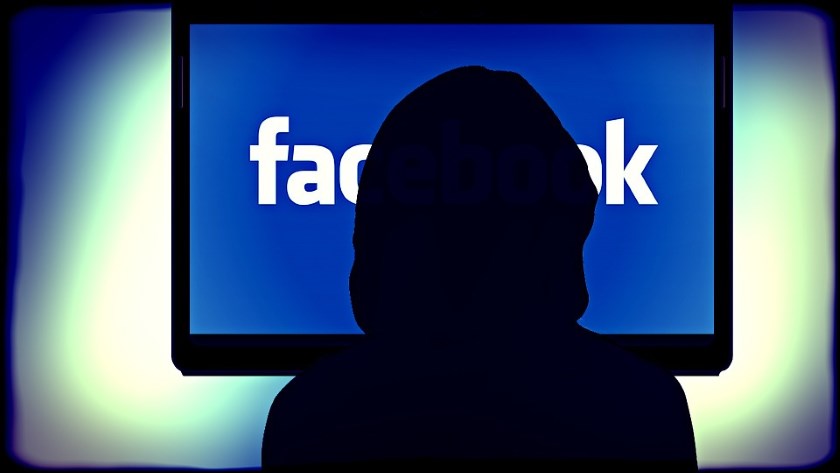
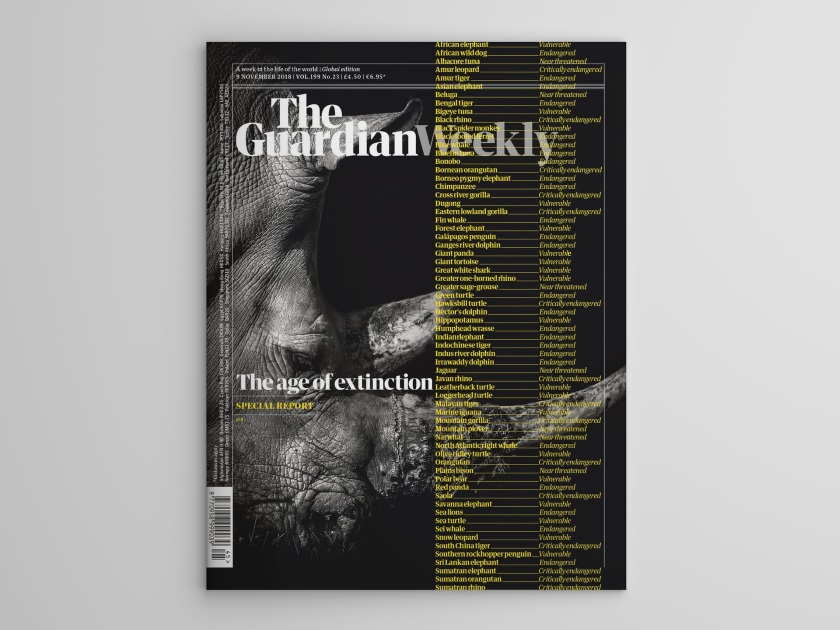
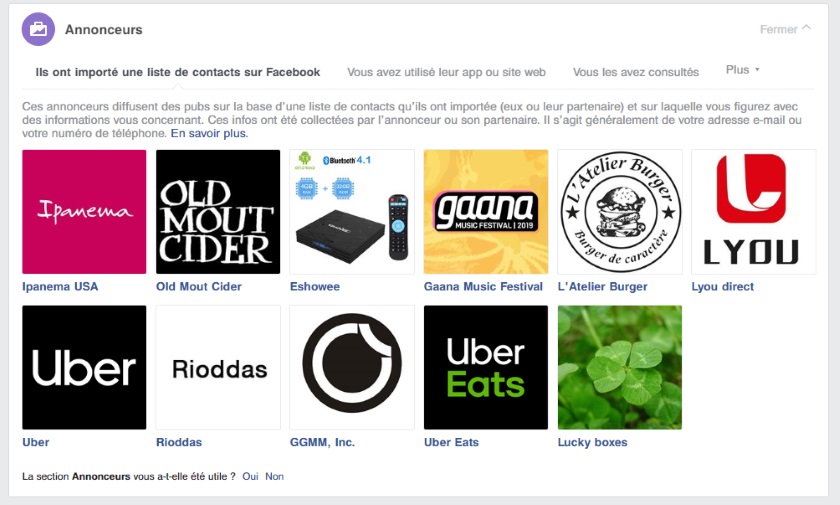
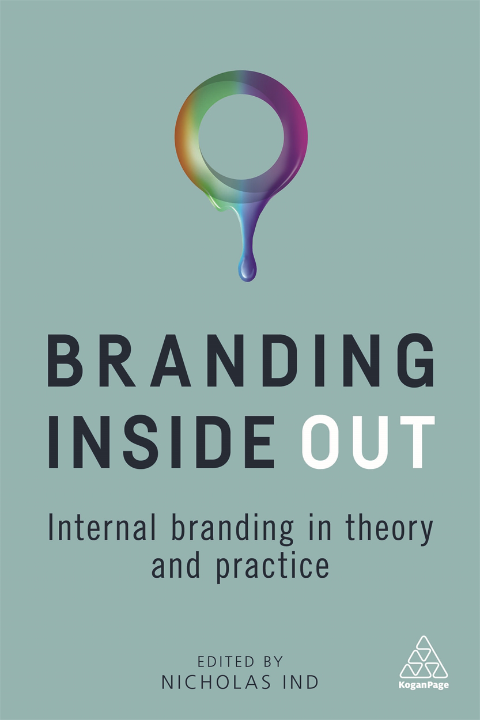
Jack, maybe you remember that I left Facebook to get away from close extended family drama. Some of my cousins just can’t help themselves. I came to Google Plus to try to give this “social networking” a second try, only to run into an Ex-Voxer who was prone to petty guttersniping. I just have no patience for that, and so G+ got the boot. I ultimately decided that this form of Internet communication was NOT for me, ever.
I understand you have good and valid reasons to be connected to Facebook– if I was out and employed, more especially, running my own business, I’d have reasons to be connected in that way, too. For now, I use LinkedIn for that sort of professional presence, if only to maintain the contacts I do have.
At this point, I wouldn’t mind if G+ dies a slow death.
I tend to be all right on Facebook, not because my family members are more sane than anyone else’s, but I fiddle the privacy settings so only certain people can see certain things. People I meet through work see different things to friends I have known for decades.
Lucire is on Google Plus, but I wonder how it does. At one point, Google Plus business pages were seen (by the same people who talked up Google Plus profiles) as the one thing that would kick Facebook to the kerb. That hasn’t happened, and I haven’t seen links to stats, which Facebook provides.